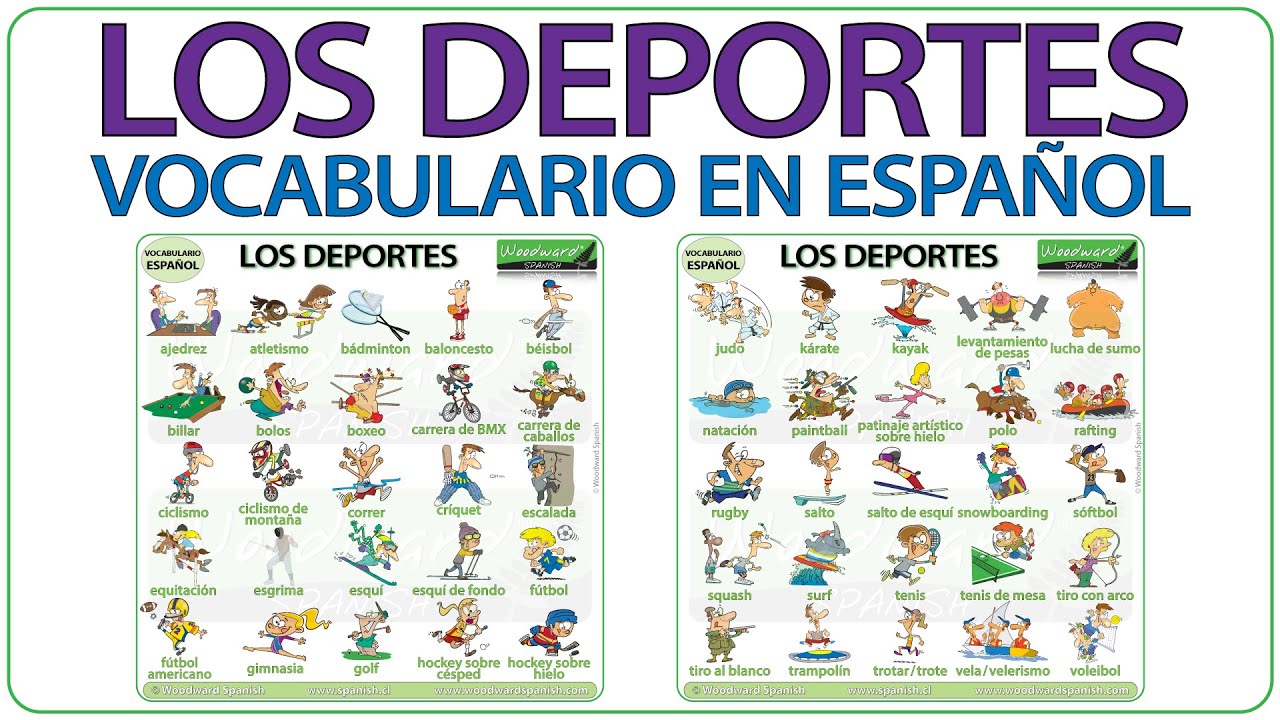Choosing the right homeschool curriculum can feel overwhelming, especially when considering accreditation. You might wonder, “Are homeschool curriculums accredited, and does it matter?” Accreditation ensures that educational programs meet certain standards, but its importance varies depending on your goals and local regulations.
Understanding the nuances of homeschool accreditation can help you make informed decisions for your child’s education. Whether you’re new to homeschooling or looking to switch curriculums, knowing what accreditation means and how it impacts your child’s future can provide peace of mind and clarity.
Key Takeaways
- Understanding Accreditation: Accreditation ensures educational programs meet specific quality standards, impacting the credibility and recognition of homeschool curricula.
- Types of Accreditation: Regional accreditation is generally more prestigious and rigorous than national accreditation, which may be suitable for vocational or technical education.
- Importance of Accreditation: Accreditation impacts academic rigor, college admissions, and the transferability of credits to other institutions.
- Verification Process: Verify homeschool curriculum accreditation by checking with recognized accrediting agencies and confirming certifications through official channels.
- Pros and Cons: Accredited homeschool programs offer credibility, easy credit transfer, and structured learning, but they can also be costly, rigid, and administratively demanding.
- Impact on Future Opportunities: Accredited homeschool programs are often more favorably viewed by colleges and employers, influencing college admissions and job prospects.
What Does Accreditation Mean?
Accreditation is a process that ensures educational institutions and programs meet specific standards of quality and rigor. Various organizations grant this recognition by evaluating schools based on defined criteria, ensuring they deliver a curriculum that meets or exceeds established benchmarks.
Key Terms in Accreditation
- Accrediting Agency: An organization that reviews and evaluates schools, ensuring they meet the required educational standards.
- Standards of Quality: Specific criteria set by accrediting agencies, including academic rigor, qualified teachers, and student support systems.
- Evaluation Process: The series of assessments and reviews conducted by accrediting agencies to determine if an institution meets the standards of quality.
Features of Accredited Programs
- Consistency: Accredited programs consistently follow educational standards, providing a stable learning environment.
- Accountability: These programs must demonstrate continual improvement and accountability to the accrediting agency.
- Transferability: Credits earned in accredited programs often transfer more easily to other institutions, helping students during transitions.
- Recognition: Accredited curricula are widely recognized by colleges and employers, adding value to the educational credentials.
- Application: The institution applies for accreditation from a recognized accrediting agency.
- Self-Study: The institution conducts a self-study to assess its adherence to specific standards.
- Site Visit: The accrediting agency performs a thorough site visit, reviewing facilities, curriculum, and faculty.
- Accreditation Report: The agency compiles a report based on its evaluation, highlighting strengths and areas for improvement.
- Decision: Based on the report, the agency decides to grant accreditation, suggest improvements, or deny accreditation.
Understanding what accreditation entails helps you evaluate homeschool curriculums effectively. This awareness enables you to choose programs that guarantee a high standard of education for your child.
Types Of Accreditation
Accreditation ensures a homeschool curriculum meets specific quality standards that educational institutions and employers recognize. Various accreditation types offer different levels of validation and benefits for homeschool programs.
Regional Accreditation
Regional accreditation is the most prestigious type of accreditation. Seven regional accrediting bodies in the US provide this type of accreditation.
- Middle States Association of Colleges and Schools (MSA): Covers areas like Delaware, New York, New Jersey, and Pennsylvania.
- New England Association of Schools and Colleges (NEASC): Includes institutions in Connecticut, Maine, Massachusetts, and five other states.
- North Central Association of Colleges and Schools (NCA): Encompasses 19 states, including Illinois and Ohio.
- Northwest Accreditation Commission (NWAC): Focuses on Alaska, Idaho, Oregon, and three other states.
- Western Association of Schools and Colleges (WASC): Pertains to California, Hawaii, and other Pacific regions.
- Southern Association of Colleges and Schools (SACS): Contains 11 southern states, such as Florida and Texas.
- Western Catholic Education Association (WCEA): Specializes in Catholic schools within specific regions.
Regional accreditation is typically more rigorous than national accreditation. If you aim for your child’s homeschool curriculum to transfer credits easily to a public or private school, seek out regionally accredited programs.
National Accreditation
National accreditation is less rigid but still ensures educational quality. National accrediting bodies often cover specific types of educational institutions, including vocational, technical, and distance learning programs. Examples of national accrediting agencies include:
- Distance Education Accrediting Commission (DEAC): Focuses on distance education programs.
- Accrediting Commission of Career Schools and Colleges (ACCSC): Accredits career-specific schools and colleges.
- Council for Higher Education Accreditation (CHEA): Recognizes institutions offering specialized or professional training.
National accreditation may be a suitable choice if the homeschool curriculum leans towards vocational or technical education. Although not as universally accepted as regional accreditation, it still provides valuable recognition and validation for homeschool programs.
Understanding the distinctions between regional and national accreditation helps you choose the best homeschool curriculum for your child’s educational needs.
Importance Of Accreditation In Homeschool Curriculum
Accreditation ensures that a homeschool curriculum meets established academic standards. This can influence various aspects of education, including academic rigor, college admissions, and credit transfer.
Academic Rigor
Accreditation provides a measure of academic rigor. Accredited curriculums follow guidelines to ensure they cover essential subjects comprehensively. This includes:
- Standardized Assessments: Accredited programs often include standardized tests to evaluate student performance uniformly.
- Curriculum Updates: Regular updates ensure the curriculum stays current with educational standards.
- Qualified Instruction: Teaching methods and materials meet specific quality criteria, ensuring a robust education.
College Admissions
Colleges often favor applicants from accredited homeschool programs. This can affect:
- Eligibility: Many colleges require or prefer an accredited homeschool diploma.
- Scholarships: Some scholarships and grants are only available to students from accredited programs.
- Confidence: Admissions officers view accredited programs as credible, easing the application process.
Credit Transfer
Accreditation simplifies credit transfer between educational institutions. If seeking to move your child to a traditional school or dual enrollment program, accredited courses are:
- Recognized: Other schools and colleges readily accept credits from accredited programs.
- Aligned: Curriculums that meet standardized criteria fit more seamlessly into other educational settings.
- Documented: Accrediting bodies provide documentation that helps in verifying and approving transfer credits.
Understanding the importance of accreditation helps in choosing the best homeschool curriculum for your child’s educational journey.
How To Verify If A Homeschool Curriculum Is Accredited
Verifying if a homeschool curriculum is accredited is essential for ensuring your child’s education meets recognized academic standards. This section guides you through identifying legitimate accrediting agencies and checking certifications.
Accrediting Agencies
Several organizations offer accreditation for homeschool curricula. The main accrediting bodies include:
- Regional Accrediting Agencies
- Seven regional agencies in the U.S.
- Recognized for high standards and credibility
- Help credit transfer between schools
- National Accrediting Agencies
- Cover various educational institutions, including vocational programs
- Certification beneficial for specialized education
- Specialized Accrediting Agencies
- Focus on specific subject areas or educational approaches
- Example: Distance Education Accrediting Commission (DEAC)
Checking Certifications
To confirm a homeschool curriculum’s accreditation, follow these steps:
- Review Accreditation Statements
- Check the curriculum provider’s website for accreditation claims
- Ensure that the accrediting agency’s name matches recognized agencies
- Visit Accrediting Agency Websites
- Go to the accrediting agency’s official site
- Look for the provider in the agency’s list of accredited institutions
- Request Documentation
- Contact the curriculum provider for proof of accreditation
- Ask for accreditation certificates or recent evaluation reports
- Consult Online Databases
- Use the Council for Higher Education Accreditation (CHEA) database
- Verify the accrediting agency’s status and legitimacy
Ensuring a homeschool curriculum’s accreditation protects your child’s academic future by maintaining educational standards and facilitating smoother transitions between educational institutions.
Pros And Cons Of Accredited Homeschool Curriculum
Selecting an accredited homeschool curriculum affects many aspects of your child’s education. Make an informed choice by understanding the benefits and challenges associated with accredited curricula.
Pros
Credibility
Accredited programs offer credibility as they meet specific academic standards. This ensures your child receives quality education recognized by educational institutions.
Credit Transfer
Accredited curricula make it simpler to transfer credits to other institutions. Many schools and colleges accept these credits, easing transitions.
Structured Learning
Accredited programs provide a well-structured learning path. They include comprehensive lesson plans and standardized assessments to track progress.
Access To Resources
Accredited curricula often offer additional resources. These might include certified teachers, educational materials, and support services to enhance learning.
Recognition
Children completing accredited programs receive recognized diplomas. These diplomas are beneficial for college applications and future employment.
Cons
Cost
Accredited homeschool programs can be costly. They may require significant financial investment compared to non-accredited options.
Rigidity
Accredited programs often have less flexibility. Adhering to strict guidelines and curricula might limit customization based on your child’s interests or learning style.
Administrative Work
Enrolling in accredited programs involves considerable administrative work. You’ll need to handle paperwork, maintain records, and meet deadlines.
Limited Options
Accredited curricula might offer fewer subject options. This could restrict elective courses or specialized topics you want your child to study.
Pressure
Accredited programs may add pressure on your child. Standardized testing and regular assessments might lead to stress or anxiety.
Conclusion
Choosing an accredited homeschool curriculum can significantly impact your child’s education. Accreditation ensures that the program meets recognized standards providing a structured and credible learning environment. While there are some drawbacks like higher costs and less flexibility the benefits often outweigh these concerns. Verifying the accreditation status of a curriculum can make transitions between educational institutions smoother and offer peace of mind. Eventually selecting an accredited homeschool curriculum can pave the way for a successful academic journey for your child.
Frequently Asked Questions
What is accreditation in homeschooling?
Accreditation is a formal recognition that a homeschool curriculum meets certain educational standards. It ensures that the curriculum is credible and maintains academic quality.
Why is regional accreditation important?
Regional accreditation is crucial as it aids in the transfer of credits between schools, making it easier for students to transition to traditional schools or higher education institutions.
What are the benefits of an accredited homeschool curriculum?
Pros include credibility, ease of credit transfers, structured learning, access to resources, and diploma recognition. These factors collectively contribute to a higher standard of education.
What are the downsides of accredited homeschool curricula?
Cons involve higher costs, rigidity, administrative tasks, limited subject options, and potential pressure on students due to standardized testing. These factors can make homeschooling less flexible.
How can parents verify the accreditation of a homeschool program?
Parents can verify accreditation by checking with recognized accrediting bodies, reviewing the program’s documentation, and researching the institution’s history and reputation.
Is national accreditation sufficient for all types of education?
National accreditation is generally more suitable for vocational and career-focused education, while regional accreditation is preferred for academic and college-bound programs.
Does accredited homeschooling affect diploma recognition?
Yes, accredited homeschooling ensures that the diploma awarded is recognized, which can be beneficial for college admissions and employment opportunities.
Are there additional resources available with accredited programs?
Accredited programs often provide additional resources such as certified teachers, academic counseling, and access to extracurricular activities, enhancing the overall learning experience.


